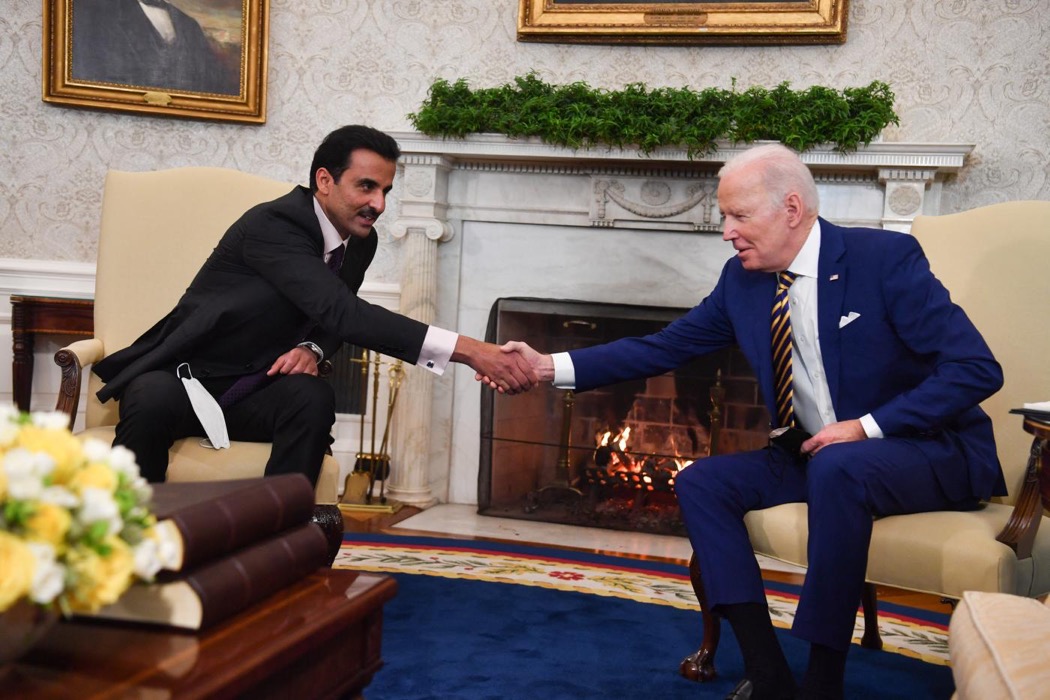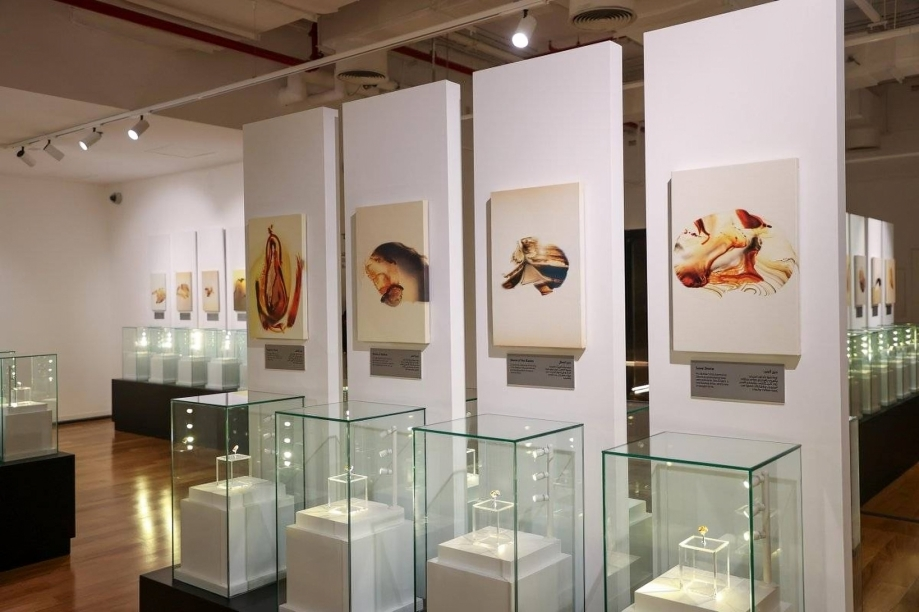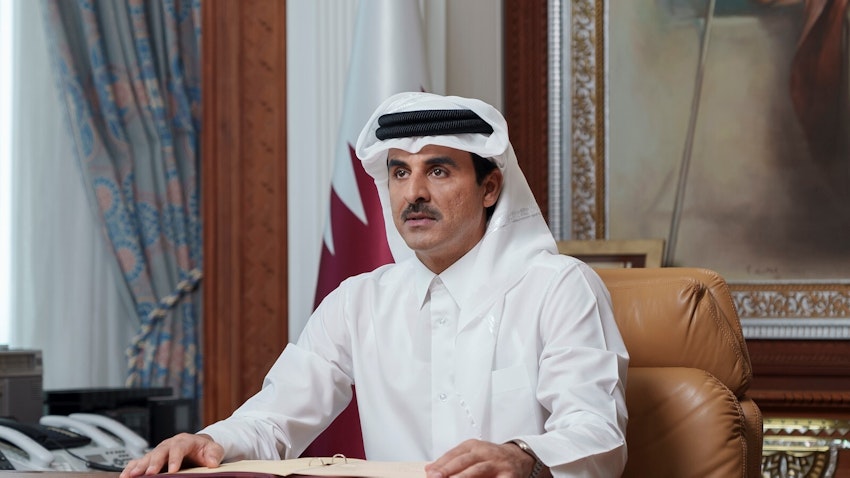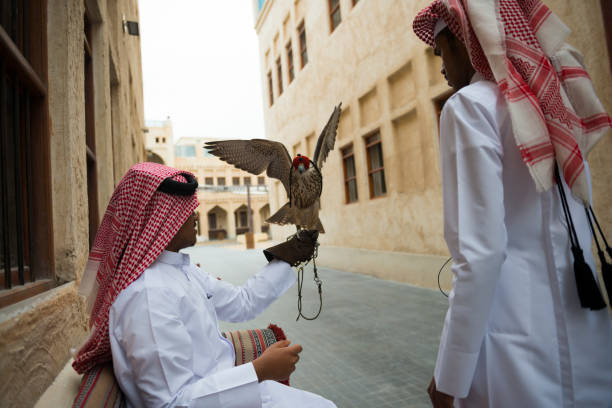The Iranian funds, previously held in South Korean banks have now been successfully relocated to Qatari banks.
Unites States President Joe Biden thanked Qatar’s Amir Sheikh Tamim bin Hamad Al Thani for Doha’s pivotal role in securing the release of five Americans in a milestone prisoner swap deal with Iran.
“During the call, the strategic relations between the two countries and aspects of supporting and strengthening them in various fields were reviewed,” the Amiri Diwan said in a statement on Tuesday.
The White House echoed this commitment, affirming that the two leaders engaged in discussions on deepening their collaboration in defence and security matters within the region.
During the phone call, Biden expressed “his deep thanks and appreciation for the mediation led by the State of Qatar that resulted in the release of a number of American citizens detained in Iran and their return to their homeland and relatives, noting the State of Qatar’s effective and constructive role on the international stage,” the Amiri Diwan statement read.
Last month, Qatar landed a historic prisoner exchange in which Iran released five prisoners in exchange for five Iranians held in the US and the transfer of $6 billion in frozen Iranian assets.
The deal was a culmination of what many labelled as Qatar’s heavy ‘shuttle diplomacy’ as it raced back and forth between officials from Tehran and Washington for around two years in a bid to materialise a crucial prisoner swap between the long-standing adversaries.
The Iranian funds, previously held in South Korean banks have now been successfully relocated to Qatari banks.
Qatar’s confirmed receipt of the funds triggered the prisoner swap at Doha airport on 18 September. Now, the Gulf state is responsible for supervising the allocation and utilisation of these funds.
The deal was widely deemed to be a major diplomatic win for Qatar, which has stepped up as a powerful mediator in recent years.
Qatar held separate bilateral meetings with Iran and the US, addressing matters related to Iran’s nuclear file, Reuters reported last month.
Doha, known for its leading mediation efforts, is urging both parties to engage in constructive dialogue and reach mutual “understandings.”
The latest discussions differ from Qatar’s previous shuttle diplomacy, which successfully paved the way for the recent historic Iran-US prisoner exchange, the two sources revealed.
These pivotal meetings took place in New York during the annual United Nations General Assembly last month, one source disclosed while speaking on condition of anonymity due to the sensitivity of the matter.
Characterising the New York meetings as “talks for talks,” the diplomat clarified that the primary objective was to establish a foundation for future indirect discussions aimed at achieving a comprehensive “understanding” of the nuclear file.
Days prior to this New York meeting, Doha voiced optimism following the Iran-US prisoner swap in the Gulf nation which is seen to be a crucial catalyst for advancement in relations between the long-standing adversaries.
Qatar’s central role in the historic Iran and US prisoner swap took centre stage as its prime minister expressed immense pride in his country’s efforts during an exclusive interview with CNN last month.
When asked if the breakthrough could signify a potential reconciliation in Iran-US relations, Qatar’s Prime Minister Sheikh Mohammed bin Abdulrahman Al Thani said: “I cannot claim that this will lead to a nuclear deal, but it’s going definitely to lead to a better environment.”
“What happened yesterday actually was a great building block for rebuilding the confidence between the two countries,” he added to CNN last month.
“I hope both countries are believing that this will lead to a better environment to go for an entire agreement on the nuclear issue, and any other outstanding issue.”
“We were so proud to see that Qatar helped in bringing those people back to their families.”
Separately, Biden designated Qatar as a significant non-NATO ally of the United States last year. The US designation is given to key partners outside the NATO alliance who maintain vital strategic collaborations with the US military.







